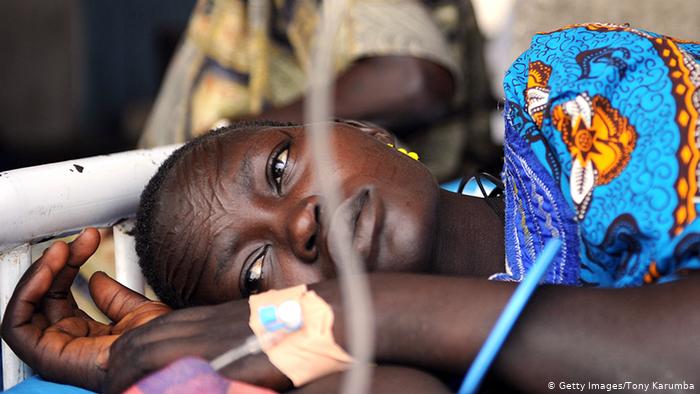Following the release of a report that said 5.7 million cases of malaria had been recorded in Burundi in 2019, the government of Burundi has officially debunked the claims.
Speaking to the press on Thursday, Burundi Health Minister Thaddée Ndikumana said 4.3 million cases were recorded and that 1,400 persons died from the ailment as against the 1,800 reported.
Burundi Health Minister Thaddée Ndikumana told journalists the figures were lower – 4.3 million recorded cases (not 5.7 million), and that 1,400 not 1,800deaths had been recorded this year.
He added that the current situation did not match to a 2017 outbreak that affected close to 5 million people, killing 4,300.
The country of 11 million people in the Great Lakes region has still not declared a national emergency, despite OCHA saying the outbreak crossed “epidemic proportions” in May.
“The national malaria outbreak response plan, which is currently being validated, has highlighted a lack of human, logistical and financial resources for effective response,” OCHA said in its latest weekly bulletin on humanitarian emergencies.
A lack of preventative measures like mosquito nets, climatic changes and increased movements of people from mountain areas with low immunity to malaria were driving the crisis, OCHA said.
An official of the World Health Organization (WHO) revealed that “the decision to declare an epidemic is the sovereignty of the Burundian state.
The United Nations Office for the Coordination of Humanitarian Affairs (OCHA) had recently reported that 5.7 million cases of malaria had been recorded in Burundi in 2019 — a figure roughly equal to half its entire population.
The global health outfit, World Health Organization (WHO), earlier this week affirmed that malaria cases in the East African nation had reached epidemic proportions.
